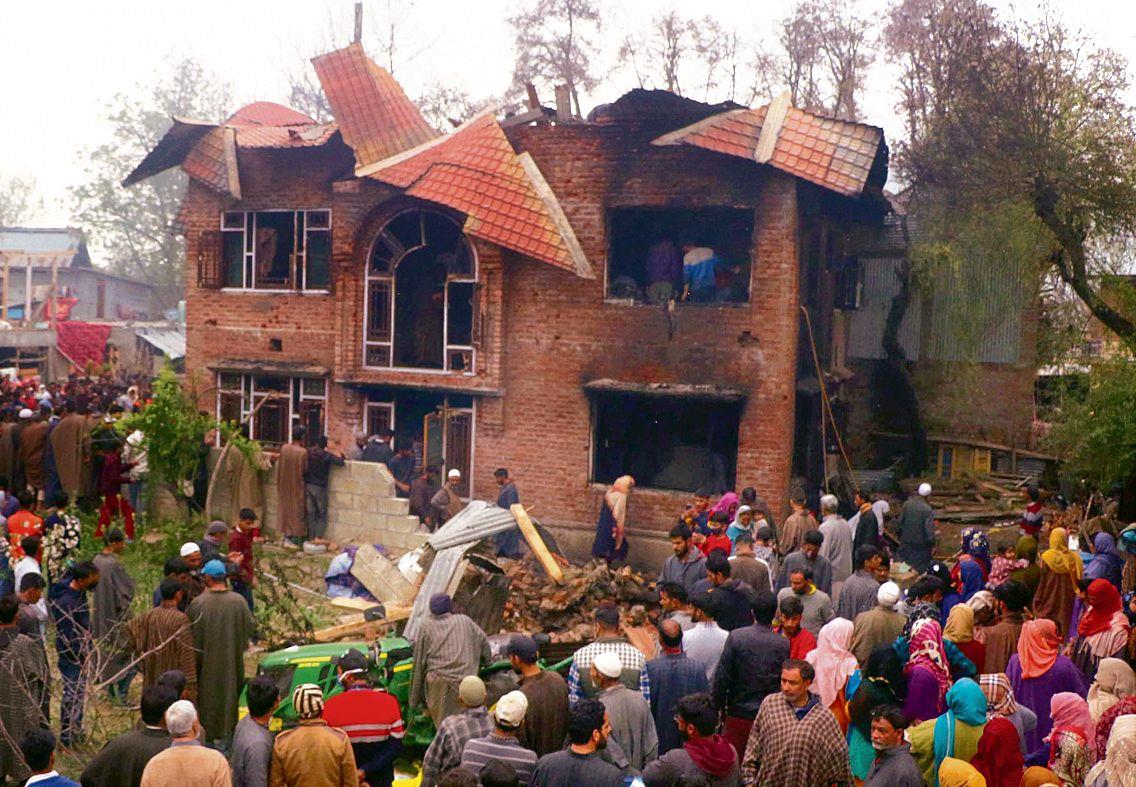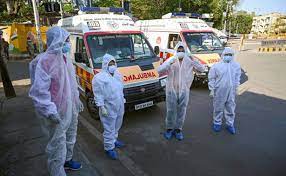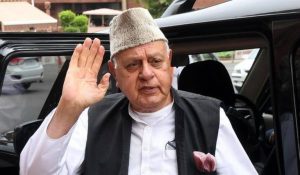
Kins, relatives of slain ultras joining militancy in Kashmir: Study
The research further reveals that 68 percent of respondents in the study stated that before and after the death of the militant, they faced isolation from the society
Zulfikar Majid
The lingering conflict in Kashmir Valley is pushing people to quagmire as sons and close relatives of those militants, who were killed in the 1990s are joining militant outfits and subsequently getting killed. A recent Sociological study done by Dr. Asima Hassan from the University of Kashmir, reveals that in 21 percent of cases the second member of the family/extended family joined militancy after the killing of one member as militant. The research paper titled “effects of armed conflict on the conflict on the families of slain members of armed groups in Kashmir: A sociological study” has been published by the Journal of Emerging Technologies and Innovative Research (JETIR), a research journal.
The researcher, who surveyed 100 families of slain militants across Kashmir for the paper, says of these 21 percent, in four cases father and son or two brothers were militants and both got killed. “While in the initial years of militants, most of the militants were fighting for ‘Azadi‘ (freedom) from India, in the recent years the narrative has changed and now youths, who pick up arms and become militants, do so with a hope of getting a place in (Jannat) paradise if they die for a ‘cause’.
In several instances in recent years, sons and close relatives of those militants, who were killed in the 1990s are joining militant outfits and subsequently getting killed,” it added. The research further reveals that 68 percent of respondents in the study stated that before and after the death of the militant, they faced isolation from society.
“Before the killing of the militant, security forces constantly raided their (militant) houses due to which relatives, neighbors, and friends of the family would maintain distance with them leaving the family without any social support.
It is believed that militancy generally has social acceptance in Kashmir and due to this reason none of the respondents apparently faced any social stigma,” it says.“However, during the intensive interactions with these families, it was observed that underneath the families of slain militants were facing several social issues; including finding a suitable match for their children,” the paper points out.
It further reveals that the majority of the militants killed in Kashmir in the last three decades were either illiterates or semi-literates. “45 percent of militants who were killed in Kashmir were illiterates while another 32 percent were semi-literates. 11 percent slain militants had studied up to 12th while 12 percent among them were graduates and above,” it says.
The findings of the study have revealed that families of the slain militants are living in miserable and pitiable conditions. “Economically and socially they have been debased and some of them even face starvation. The earliest response to the problems of widows and orphans of members of the armed group came from family and relatives who provided financial help, in addition to accommodation, education, security, diet and so on,” it says “But, this type of help, which was not regular, constant and organised, could not last long. In many cases, the in-laws’ families proved crueler to these widows and orphans and these suffering people had to search for some income themselves,” it added.
The research findings revealed that the total dependence of these widows and orphans on others outside their own families has made them totally and socially handicapped in the patriarchal society of Kashmir.

